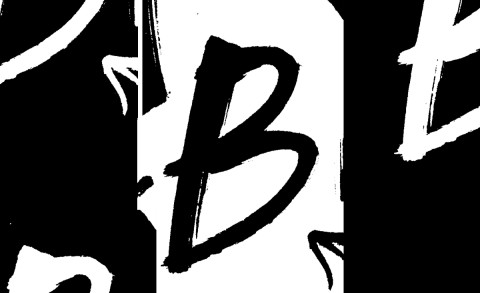From black and white to Black and White
Why we’re capitalizing terms for racial identity

Magazine editors are attentive both to big ideas and to the minutiae of language. While the latter constantly informs our work, only rarely does it come up explicitly in our pages.
In recent years, many publications have begun capitalizing words for racial identity like Black, Brown, and White. In June, The Chicago Manual of Style, the Century’s primary guide to language mechanics, embraced this emerging consensus. After some conversation, we’ve decided that we should, too.
We have long followed a “down” style in capitalization. This keeps things simple. We use lower-case for social movements, doctrines, job titles—if it isn’t a person or organization’s name, it likely isn’t getting a capital. (Decades ago our predecessors even insisted on a lowercased protestant while the ecumenical movement awaited the great church merger to come, one true Protestant Church.)




